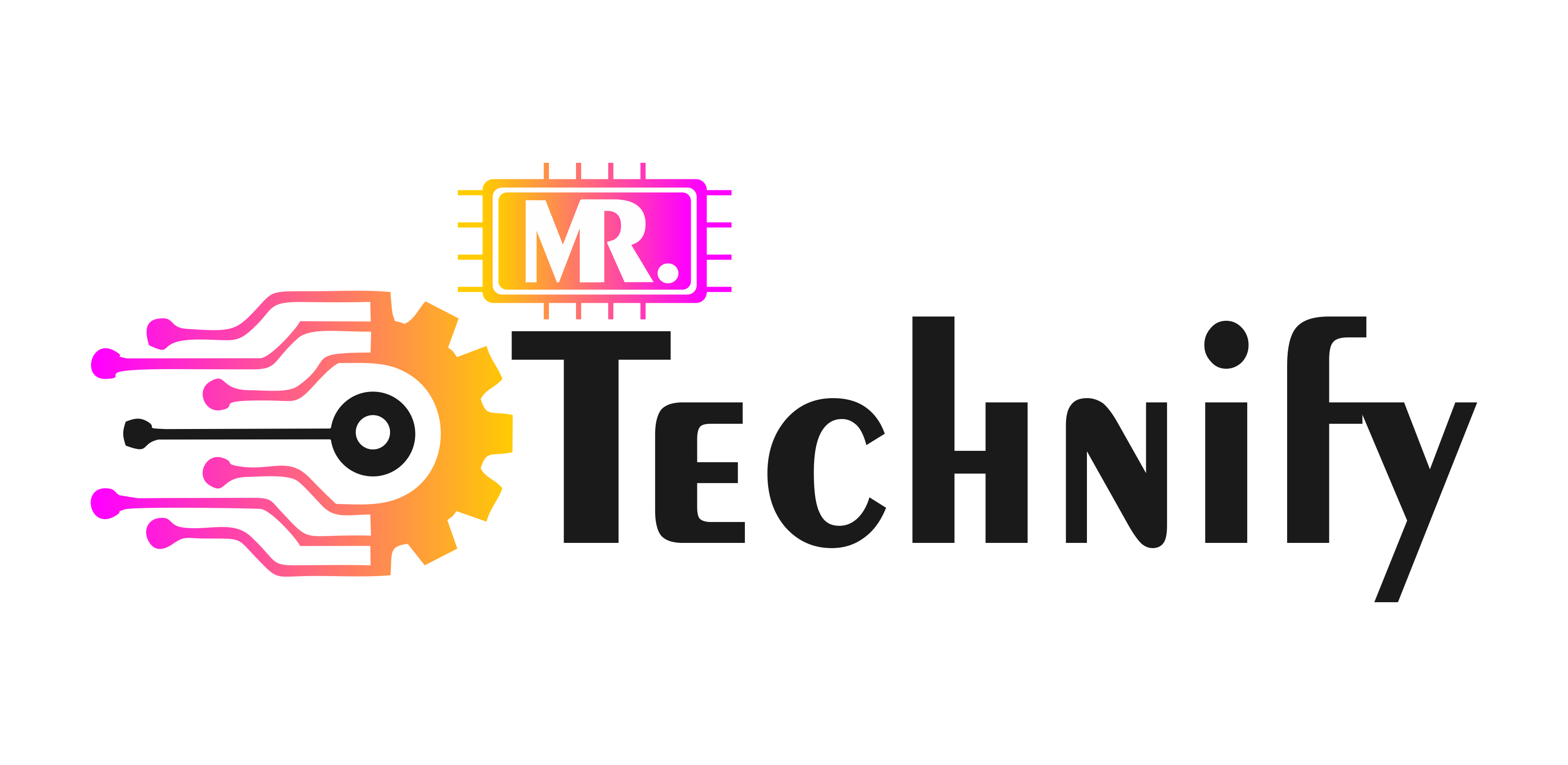The vastness of space has long fascinated humans. Artificial intelligence in space has emerged as a crucial tool in our search for knowledge and discovery as we expand our horizons to the stars.
Understanding Artificial Intelligence
-
Basics of AI
The term ‘AI’ is frequently used, but what does it mean? Essentially, AI pertains to machines capable of accomplishing tasks that necessitate human intelligence. This includes understanding natural language, recognizing patterns, problem-solving, and learning from experience.
-
Branches of AI
There are many branches of AI. Neural networks, deep learning, and machine learning are examples. While each field has practical implications, they aim to create more thinking, effective machines.
Artificial Intelligence in Space Exploration
-
Need for Artificial Intelligence in Space
Ever thought about the challenges of exploring space? The sterile environment, vast distances, and unpredictable events make it risky and expensive for human astronauts. Enter AI. It’s like having an intelligent, indefatigable astronaut who’s also immune to the harsh realities of space!
-
Role of Artificial Intelligence in Space Missions
AI plays a vital role in space missions. It helps analyze large data volumes, automate routine tasks, and make real-time decisions. It can even adapt to new situations, just like a human would. Talk about a real space, buddy!
Real-World Examples of Artificial Intelligence in Space
-
Mars Rovers
Remember when NASA’s Mars rovers were all the rage? Well, they couldn’t have functioned without AI. The AI system onboard these rovers enables them to navigate the Martian terrain, choose paths, and even decide which rocks to analyze!
-
Satellite Maintenance
Artificial Intelligence isn’t just practical on alien planets. It’s also crucial in maintaining satellites orbiting Earth. AI systems help detect and predict failures, optimize power usage, and manage data transmission.
Future Possibilities of AI in Space Exploration
-
Deep Space Exploration
As we look beyond Mars, AI’s role becomes even more critical. With human control becoming impractical due to light-speed lag, future deep space probes must be almost entirely autonomous. And guess what? That’s AI’s specialty.
-
Intra-Galactic Communication
Remember those sci-fi movies where we communicate with aliens using some advanced tech? That might be pretty close! AI could help decipher and respond to potential extraterrestrial communications.
Challenges and Risks of Artificial Intelligence in Space
-
Technical Challenges
AI in space is fantastic, but it could be better. Issues like handling unexpected situations, programming ethics into AI, and creating genuinely autonomous systems are ongoing challenges.
-
Ethical Concerns
We also need to consider the ethical implications. Who’s responsible if an AI makes a mistake? How do we ensure AI is used for peaceful purposes? These are questions we need to answer.
Conclusion
As we venture further into space, AI will undoubtedly play an increasingly critical role. It’s an exciting, albeit challenging, frontier. But with careful planning and innovative thinking, AI could be our ticket to exploring the cosmos.
FAQs for AI in Space
What are some real-world examples of AI in space?
NASA's Mars rovers and satellite maintenance systems are examples of AI applications in space.
What role will AI play in deep space exploration?
AI will be crucial for deep space exploration, especially in creating autonomous probes capable of functioning without direct human control.
What are the challenges of using AI in space?
Technical challenges include handling unexpected situations and creating autonomous systems. Ethical concerns revolve around responsibility and peaceful use of AI.








